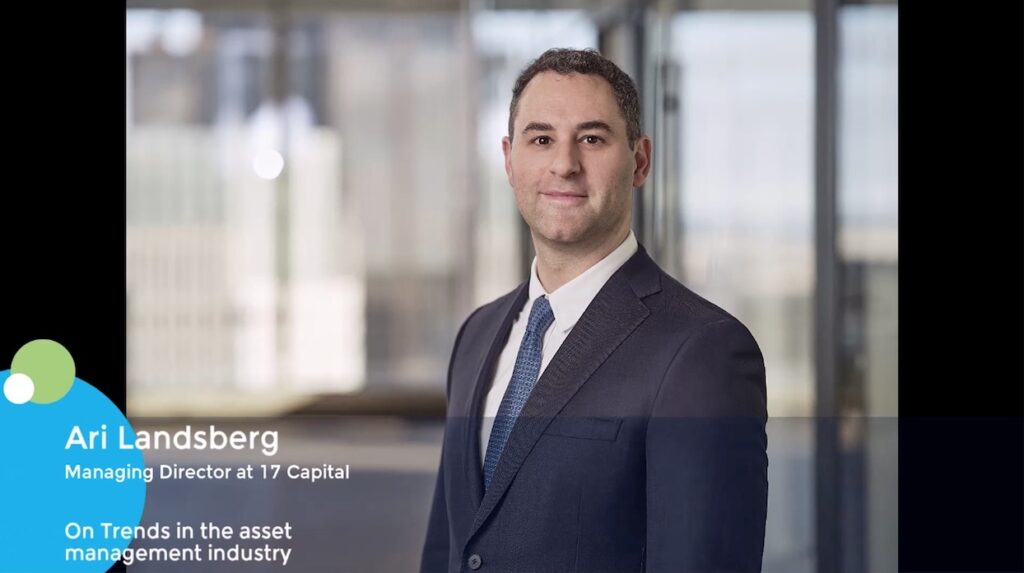Japan continues to shine with opportunities as PEs take on new roles
Summary
- Succession deals diversify as market becomes more sophisticated
- Partial and joint investments by PEs could increase
Private equity (PE) investors, both new and existing, are being drawn to Japan as opportunities to take on new roles are emerging from trends such as the increase in M&A deals of public companies and diversification in the types of succession deals, among others, according to panellists at theAVCJ Private Equity Forum 2024 in Hong Kong earlier this week.
According to Morrison Foerster’s Partner & Co-head Asia Private Equity Nozomi Oda, MBO deals reached an aggregate value of USD 10bn last year, a record-high for the country.
The driving forces for this are the Tokyo Stock Exchange’s pressure on listed companies to improve their stock prices, thereby leading to noncore carveouts and take-privates; and the Ministry of Economy, Trade and Industry’s release of M&A guidelines last year that encouraged boards of public Japanese companies to seriously consider unsolicited buyout offers if such offers are bona fide. Having been considered taboo in Japan for many years, there are now successful unsolicited offers made by Japanese strategics, which is “groundbreaking from the Japan perspective,” she said.
Other unsolicited offers have been unsuccessful as the target decided to opt for a white knight, which in turn creates new opportunities for PEs to take on such a role and promote their brands in Japan, she continued.
Sunrise Capital’s Executive Director Shota Kuwaki also spoke on the growing prospects for PEs in Japan to consider partial investments in targets instead of outright buyouts, and to “collaborate with founder-owners.”
There is a deepening in the market, he said. Succession deals, previously seen as founder-owners reaching retirement age, have diversified. While this remains a big component, there are now 40- to 50-year-old founder-owners who have a lot of agenda items they want to achieve, but lack the resources to further expand their businesses.
That is where buyout firms can play a key role, especially in the midcap space where it is not always the case one has to pay high entry multiples, Kuwaki continued. There are also more levers one can pull, and potential for negotiated transactions. All these factors are running side by side with the emergence of this younger generation of founder-owners who grasp the concept of PEs and how PEs can help their businesses, he said.
Partner in the Asia fund of L Catterton Toshitaka Shimizu echoed the view, noting that the market is becoming increasingly sophisticated, whereby sellers, founding families and management teams of target companies are much more knowledgeable about PEs, M&A, and valuation, among other topics, than before.
This presents new opportunities for deals where PEs are no longer just a financial solution but viewed as business partners, he said.
Historically, consortiums where multiple sponsors jointly acquire Japanese companies have been rare, Morrison Foerster’s Oda said, adding “We are seeing such deals more often.”
J-STAR’s Partner Kenta Shima spoke on the fund’s recent experience of partaking in such a deal last year, citing the joint acquisition of HR SaaS company jinjer with Australasia-based tech-focused PE Potentia Capital.
“We were interested in investing in the software industry, but did not have expertise in such deals,” leading to a co-underwriting opportunity with Potentia, Shima said, adding industry-specialized funds are still few in Japan compared to other markets like Australia, the US or parts of Europe.
The fact that such consortium-type deals remain few in Japan is also a reflection of the country’s PE ecosystem, which is evolving but relatively lagging behind other countries, he said. That said, Japan’s deal universe is expanding; there should be an upswing in more interesting and unique opportunities that would not have been seen 10-20 years ago.
While unanimous on Japan being an attractive market for PE investors, old and new, domestic and overseas, panellists also cautioned first-time investors on potential challenges they may encounter.
Morrison Foerster’s Oda said that LBO financing, which tends to be led by megabanks in Japan, may be a potential challenge, where megabanks may be hesitant to provide financing to new PE sponsors without an established profile in the country yet.
While probably more manageable and predictable compared to CFIUS, Japan’s foreign direct investment (FDI) restrictions could also be a potential challenge for funds based in China or Hong Kong that seek to invest in semiconductors and other sensitive businesses, or businesses that deal with sensitive information, she said. Investors should look into the nature of the target business to decide on a strategy with this in mind, she advised.
Hideto Yajima, managing director, co-head of Investment Advisory at Japan Post Investment Corporation, said making a network of Japanese LPs would be advantageous for first-time GPs considering investing in Japan, to better understand the market.












